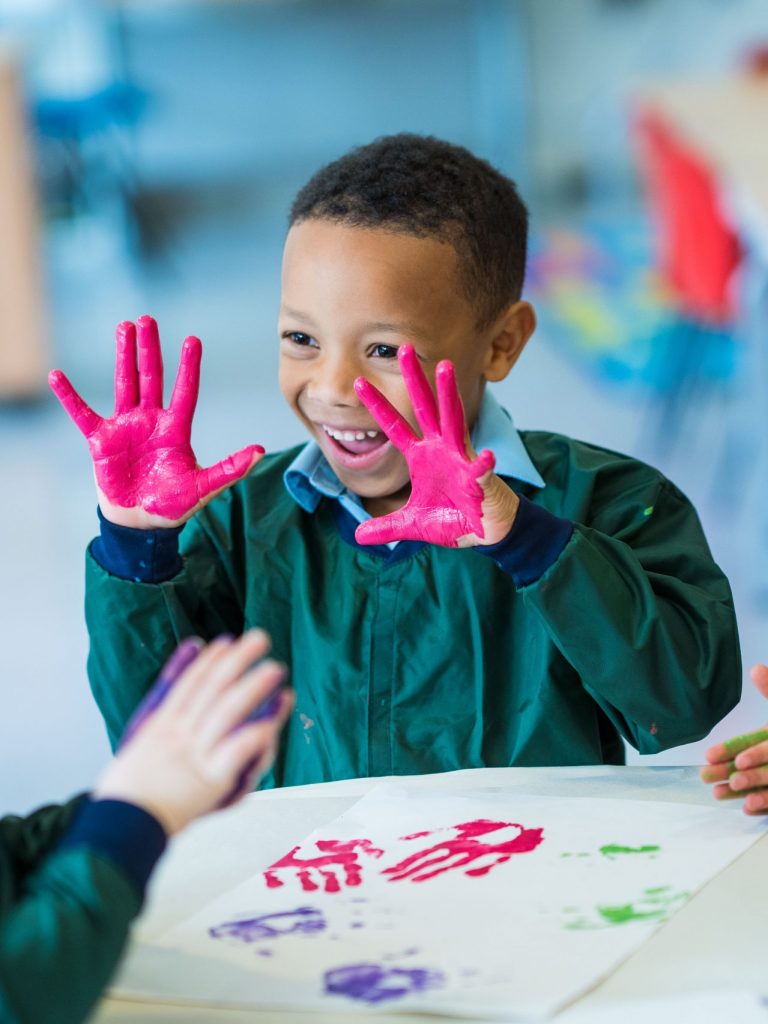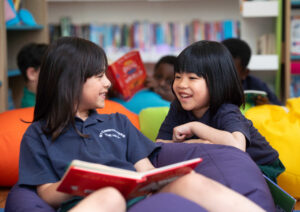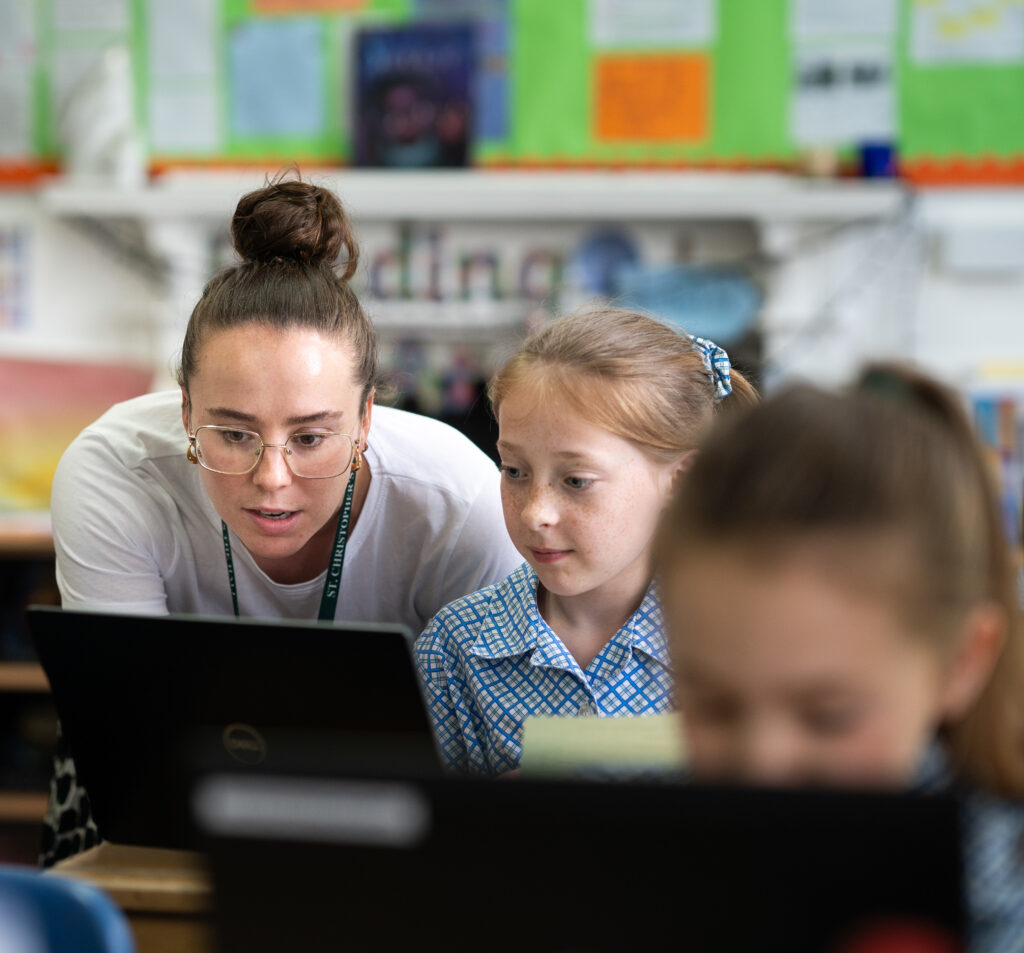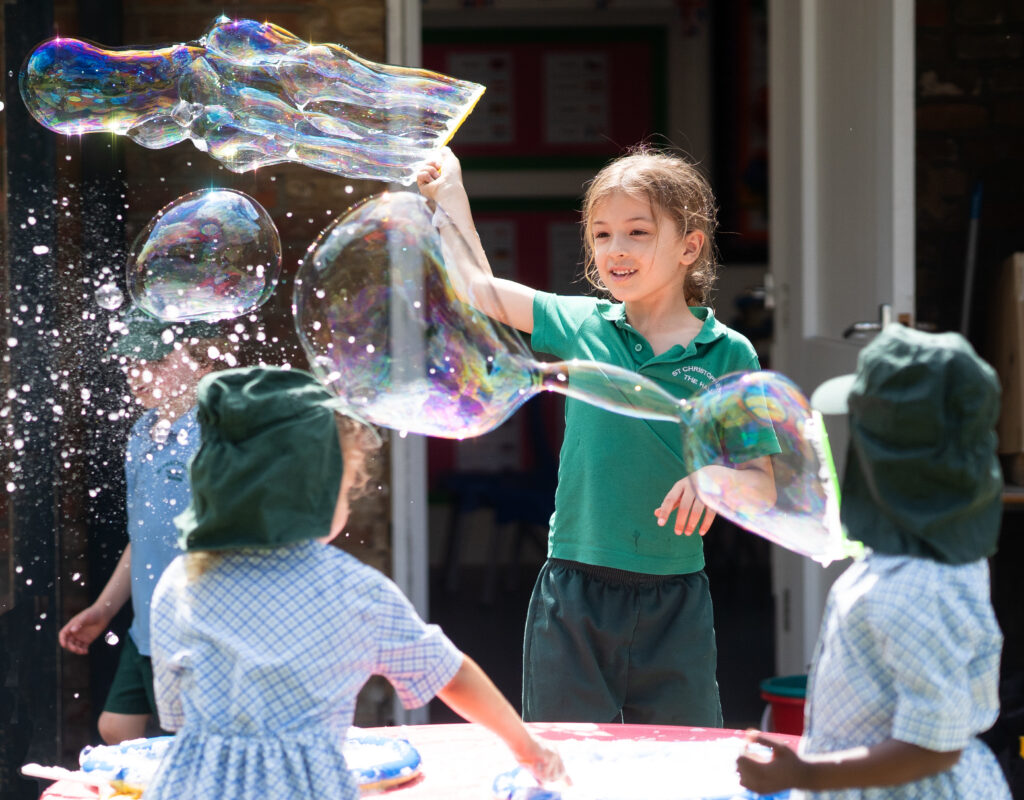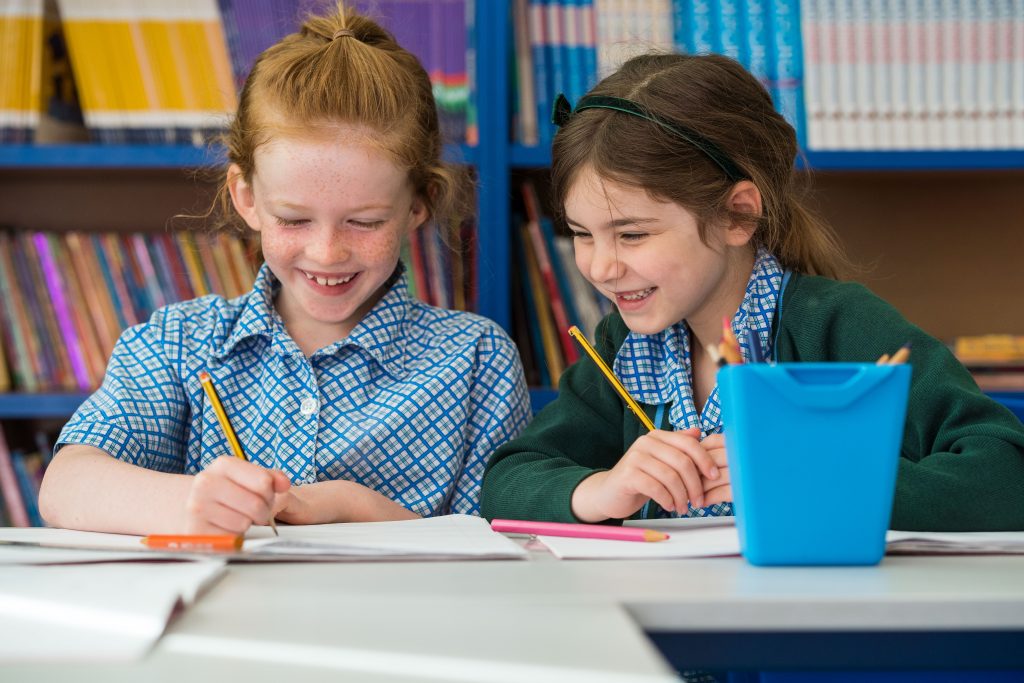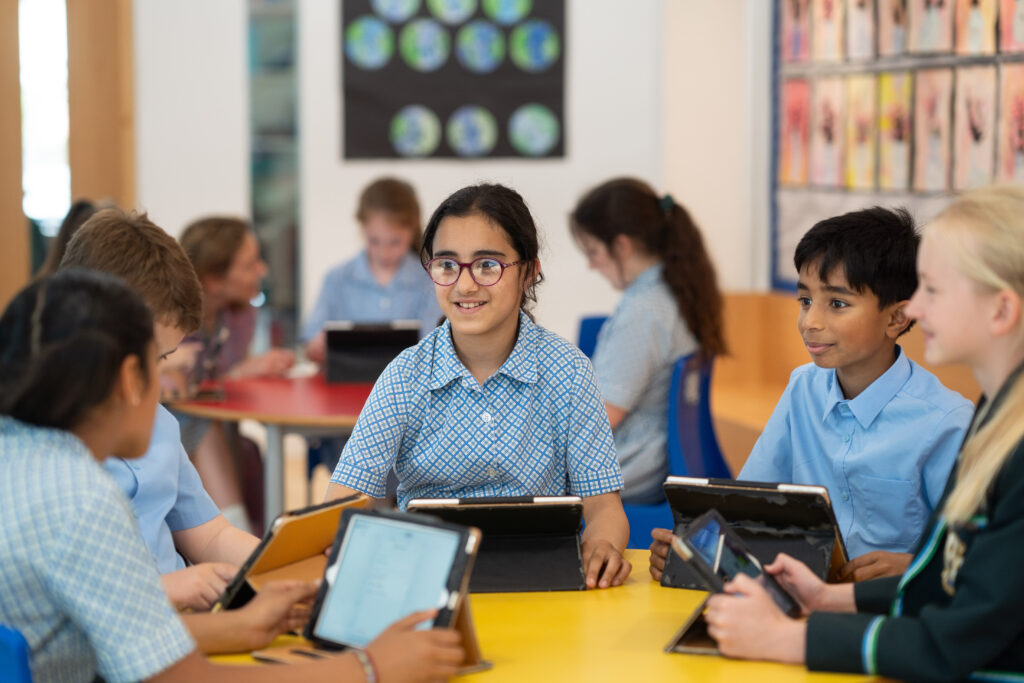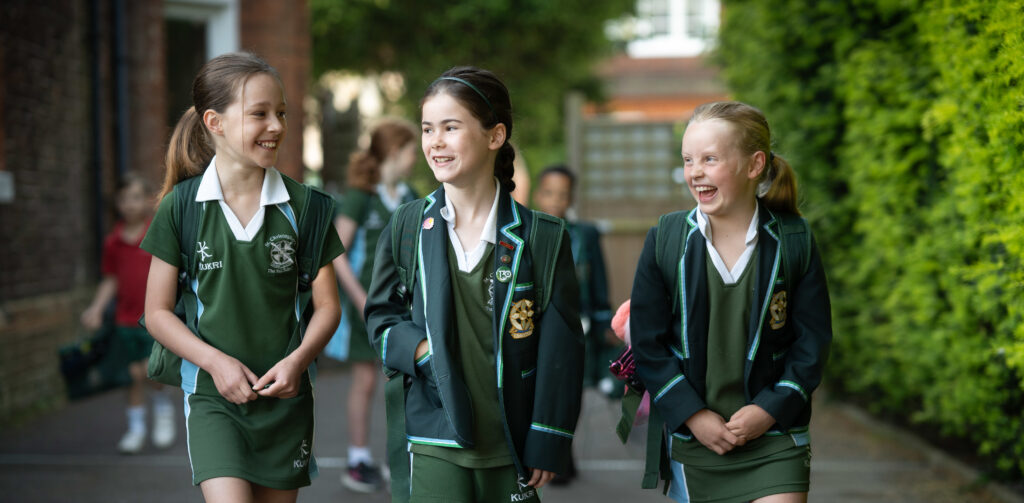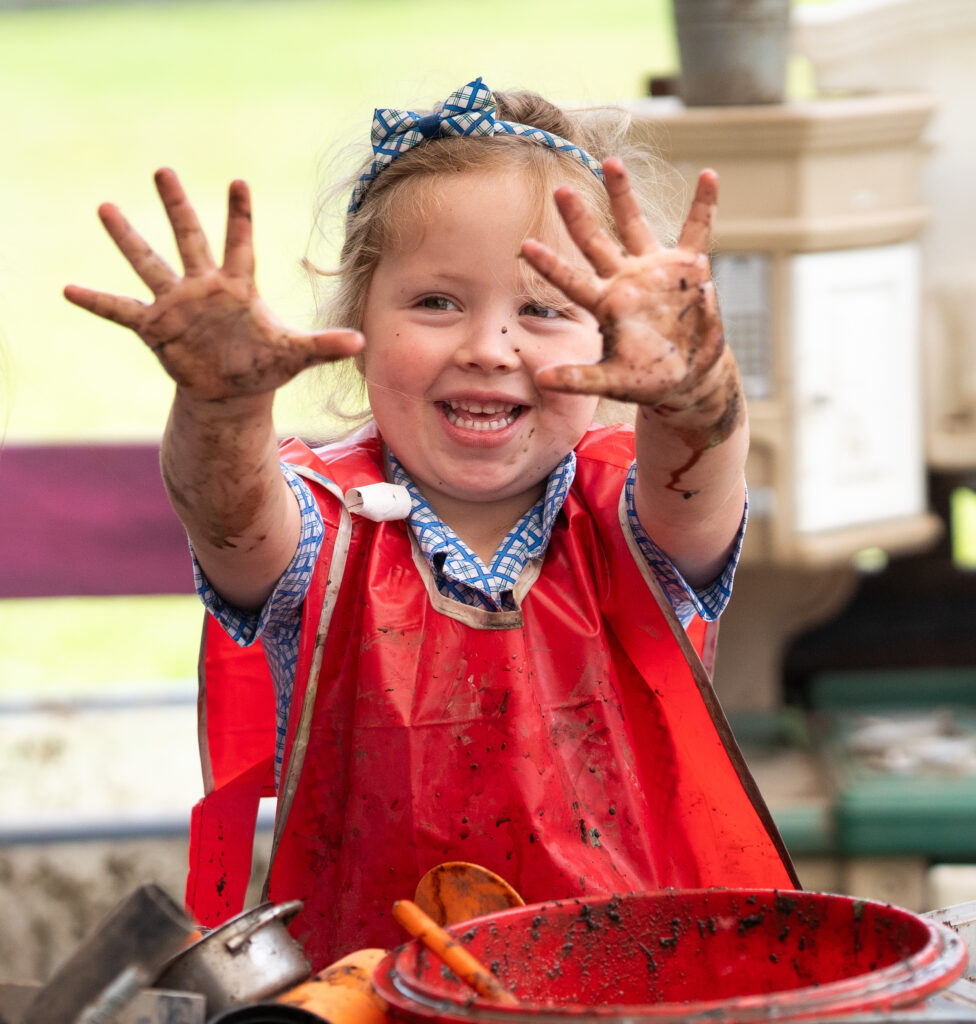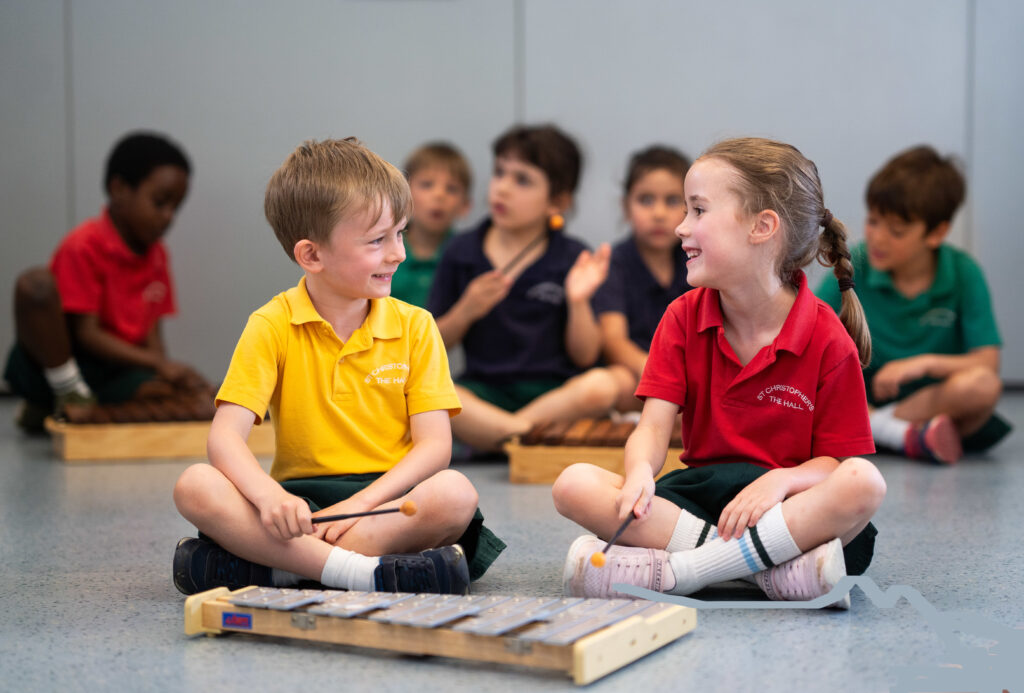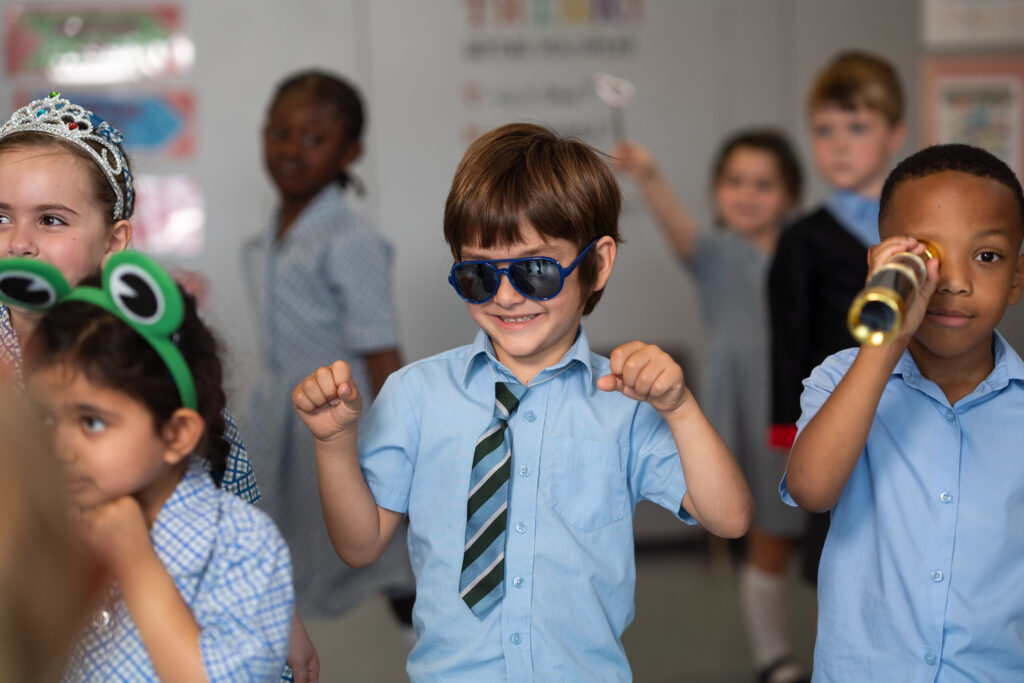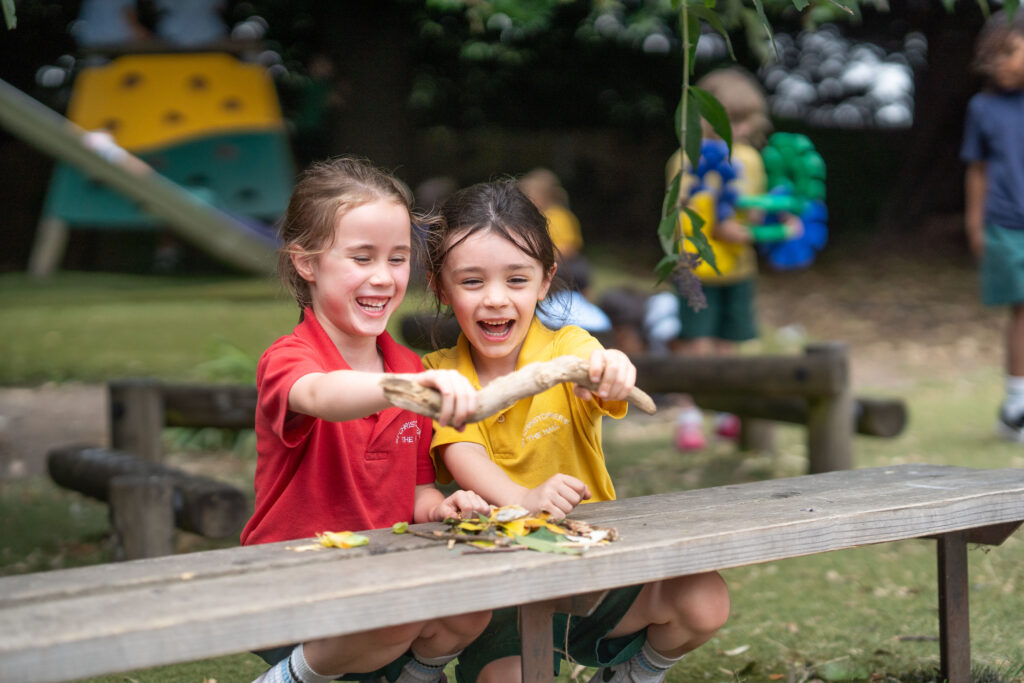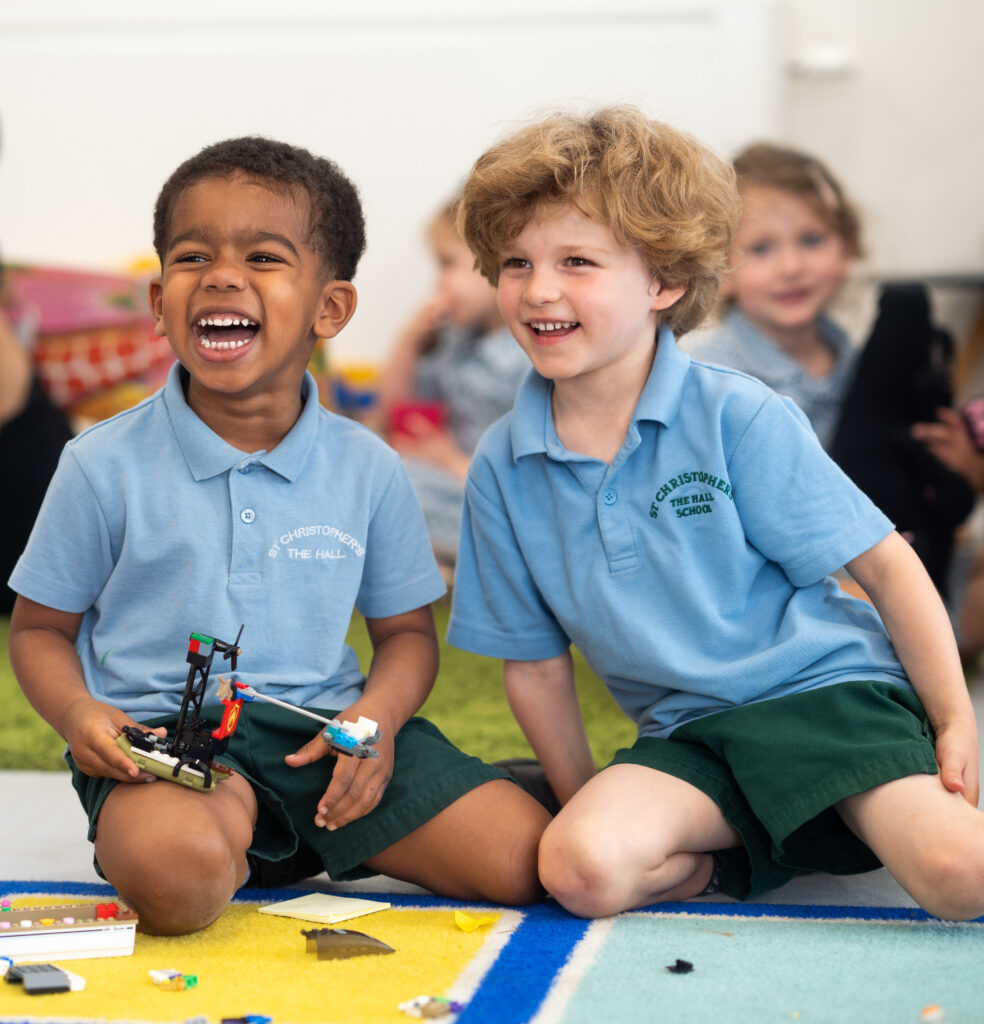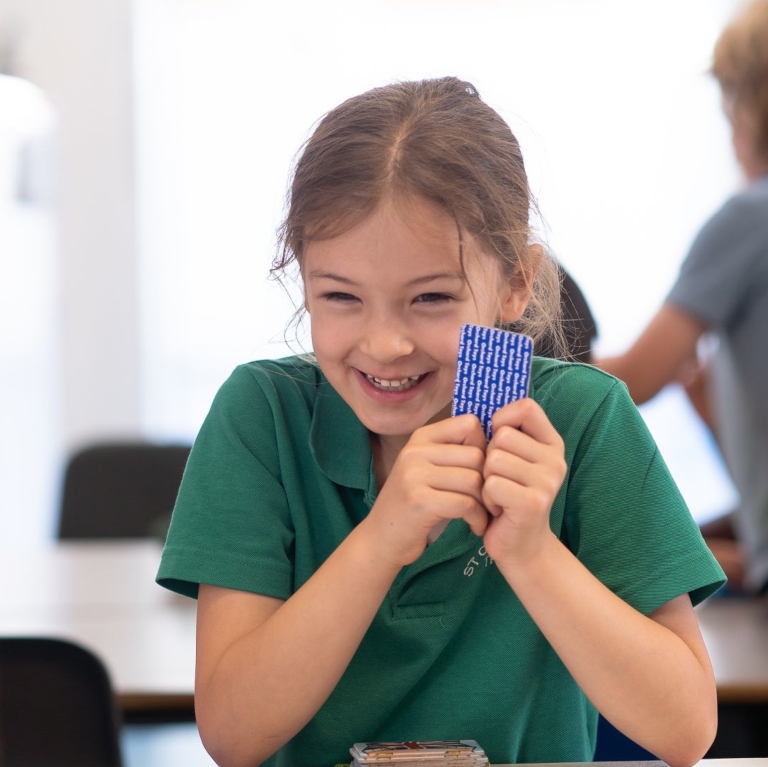“Art is not just a subject to learn, but an activity that you can practise with your hands, your eyes, your whole personality.” Quentin Blake
Art and Design at St Christopher’s The Hall
At St Christopher’s The Hall, Art and Design play a vital role in fostering creativity, imagination, and self-expression in our students. We believe everyone has the potential to develop their artistic flair and skills, and that being a good artist is as much about the creative process as it is about the final product.
Our art room is a space where students are free to explore their thoughts and ideas, learning to make informed aesthetic decisions and to practise self-evaluation. We emphasise resilience, encouraging students to work towards their goal while fostering creativity, imagination, and confidence—skills that are transferable across all subjects in the curriculum.
We believe that art can change perspectives and challenge students to think about topics in new ways. Our lessons engage students with both traditional and contemporary art, helping them explore the work of artists, architects, and designers from diverse cultures and historical periods. In addition, we work on foundational skills and develop the ability to talk about and respond to art, enabling students to articulate their thoughts and emotions effectively. This not only enhances their critical thinking skills but also fosters a deeper appreciation for creativity in all its forms.
From the Early Years, our students experiment with materials, techniques, and concepts. Sketchbooks are introduced in Year 3 as a personal space for children to record their thoughts, try out new techniques, and reflect on their progress. As students advance, they build on their skills and develop a deeper understanding of the role of art and design in contemporary life and in historical and cultural contexts.
At St Christopher’s The Hall, we are committed to embedding Art and Design across the curriculum, using cross-curricular links to enrich learning and inspire our students. We want them to see art as a powerful tool for personal expression and inspiration. Most importantly, we aim for the creativity fostered in our art lessons to leave a lasting, positive impact on their well-being and academic success.


